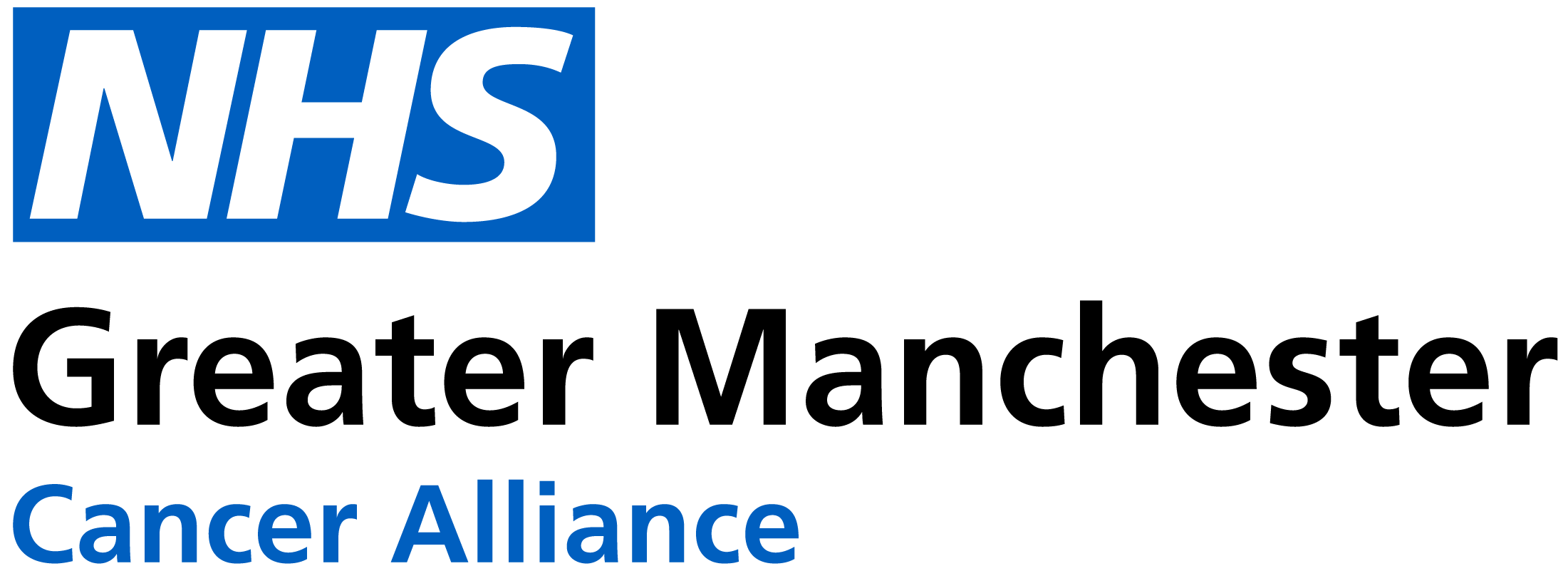Endocrine Therapy
Endocrine therapy is used to treat certain types of breast cancer and is sometimes called hormone therapy or anti-hormone therapy. There are many endocrine therapy medications for example: tamoxifen, letrozole, anastrozole, exemestane, and raloxifene.
About 80% (4 out of 5) breast cancers use the hormone oestrogen to grow. Endocrine therapy works by either blocking oestrogen from getting to breast cancer cells, or by lowering the amount of oestrogen in the body.
Around 80% of individuals who are diagnosed with breast cancer will be advised to take endocrine therapy. This means that over 45,000 people will be started on endocrine therapy in the UK every year.
Endocrine therapy is a really effective medication. It can reduce the risk of cancer occurrence, or recurrence, by up to 50%. It is therefore important that we support patients to complete their course of endocrine therapy.
ETIP – Endocrine Therapy Improvement Programme
ETIP is a programme of work, developed by doctors, nurses and other health professions in Greater Manchester, to improve the support for breast cancer patients who are taking endocrine therapy. This includes patients taking endocrine medication for risk-reduction, or to treat primary or secondary breast cancer.
ETIP includes:
- Resources to improve equity of access to risk-reducing endocrine therapy for women at a high risk of developing future breast cancer
- Education for healthcare workers about endocrine therapy and how best to support patients to manage side effects
- Patient information about endocrine therapy and managing side effects
- Information about Hormone replacement Therapy (HRT) for women with a personal history of breast cancer
- Sharing patient experiences of endocrine therapy and amplifying the voices of patients
Patient Information Leaflets
Foldable A5 booklets. Please check that your printer is set to print double sided, and if necessary select “flip on short edge” option. Once printed, the pages should simply fold in half to produce an A5 sized booklet.
Leaflet in A4 format – this version will print out as 12x A4 pages.
Amelia’s Story
Amelia is taking Tamoxifen to reduce her risk of developing breast cancer, in this video she shares her experience and what she would say to other women considering taking risk-reducing endocrine therapy.
Breast Cancer Endocrine Therapy (BCET) Pilot Clinic
We have developed and implemented a GM-wide endocrine therapy side-effect clinic based at The Christie, providing solutions to the significant and mostly un-met medical needs of a diverse patient cohort.
This monthly clinic is the first service of its kind regionally, accepting referrals from across GM. It takes a collaborative, multi-disciplinary approach, enabling a range of personalised interventions to increase patient support, developing service access and diversifying the service offering.
What is the problem?
Around 2000 women are diagnosed with breast cancer in Greater Manchester each year. Approximately two thirds of these cancers are oestrogen receptor (ER) positive. People with ER+ breast cancer are usually treated with a 5- or 10-year course of “anti-oestrogen” endocrine therapy (ET) to reduce risk of recurrence. However, some women experience such debilitating side effects from this treatment that they stop taking it, which increases risk of recurrence and results in an increased mortality rate.
Why we are taking action
Currently, women with breast cancer who experience troublesome side effects from ET do not have a specific space to access advice and support within the NHS. Women have found that their issues in relation to menopausal side effects cannot be adequately addressed within existing provision, and in seeking help they often return to a variety of health settings numerous times with little benefit. This results in several negative outcomes, including:
- Impact on quality of life as women put up with significant side effects
- Increased risk of cancer recurrence if endocrine treatment is stopped
- Use of health resources not designed to support women with these issues.
This pilot does not seek to de-skill Breast Care teams and other healthcare providers. Staff are encouraged to continue to enable women to receive advice and support for mild/moderate symptoms locally, and provide first-line strategies to manage symptoms.
This pilot provides a next step, for women who have more complex or intractable symptoms, and need expert support with management of menopausal symptoms in tandem with specialist advice on cancer risk. This model goes beyond what the NHS is currently able to offer, but the project team hope the pilot will provide evidence that such a space for women is highly beneficial in terms of quality of life, health outcomes, and service use.

